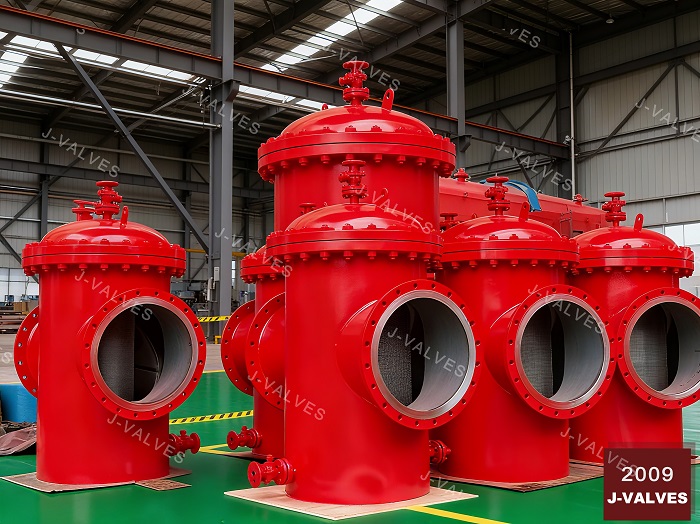Views: 0 Author: Site Editor Publish Time: 2025-10-30 Origin: Site









In modern industrial production, the cleanliness of fluid systems directly impacts equipment lifespan, production efficiency, and product quality. As a key device for fluid purification, industrial basket filters have become a "standard configuration" in factories across numerous industries such as petroleum, chemical engineering, electric power, and water treatment, thanks to their efficient impurity interception capability and reliable structural design.
Industrial basket filters (also known as hair collectors or basket strainers) adopt a straight-through structure with a high-precision metal filter basket inside. When fluid (liquid or gas) flows through the filter, impurities are trapped in the filter basket, while clean fluid continues to be transported through the filter screen. Their core advantages include:
Efficient Filtration: The filter screen precision can be customized according to requirements (ranging from several millimeters for coarse filtration to dozens of micrometers for fine filtration), effectively removing rust, welding slag, particulate impurities, and more from pipelines.
Convenient Maintenance: Equipped with a quick-opening top cover design, the filter basket can be quickly removed for cleaning or replacement, significantly reducing downtime for maintenance.
Strong Weather Resistance: The main body can be made of carbon steel, stainless steel (e.g., 304, 316L), etc. Its surface undergoes anti-corrosion treatment (such as red epoxy coating), enabling it to adapt to complex working conditions like chemical media and high-temperature fluids.
In crude oil transportation and chemical raw material refining processes, basket filters can intercept sand particles and pipeline debris in crude oil, preventing wear and tear on key equipment such as pumps and heat exchangers.
In the cooling water systems of thermal power plants, basket filters can filter out sediment and algae from circulating water, ensuring the heat exchange efficiency of cooling towers and condensers. After the transformation of a certain power plant, the cleanliness of the unit cooling system was improved, and the power generation efficiency increased by 2%.
In the water transmission pipelines of water treatment plants and sewage treatment plants, basket filters can pre-treat suspended solids in water, reducing the load on subsequent filtration equipment. In municipal heating pipe networks, they can intercept pipeline oxide scale, prevent blockage of radiators, and improve residents' heating experience.
Flow Matching: Select the filter caliber based on pipeline flow to ensure the pressure drop is within a reasonable range (usually ≤0.05MPa) when fluid passes through.
Material Compatibility: For corrosive media, stainless steel is preferred; for high-temperature fluids, attention should be paid to the heat resistance of the material (e.g., carbon steel is suitable for temperatures ≤200℃, while stainless steel can withstand higher temperatures).
Filter Screen Precision: Choose based on process requirements. For example, 1-5mm filter screens can be used for ordinary pipeline impurity removal, while 20-50μm filter screens are required before precision instruments.
It is recommended to install the filter upstream of key equipment such as pumps, valves, and flowmeters to form a "first line of defense".
For horizontal installation, the water flow direction must be consistent with the arrow marking; for vertical installation, the opening of the filter basket should face downward to facilitate impurity sedimentation.
Reserve sufficient maintenance space to ensure the top cover can be opened smoothly for filter screen cleaning.